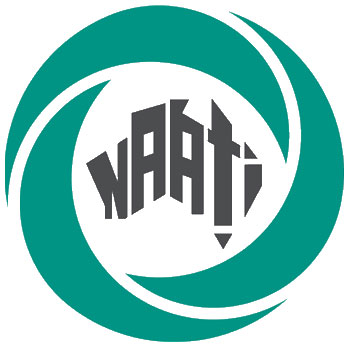NAATI Korean translator for Melbourne

Are you looking for professional and accurate Korean translation services in Melbourne? Look no further! Melbourne Translation is your one-stop solution for all your Korean language needs. Our team of NAATI certified Korean translators is dedicated to providing the highest quality translations.
Korean translation services – For all NAATI certified Korean translator requests, email a copy or clear scan of your documents to [email protected] for a quick quote.
Korean Translation Services
Our Korean translators prepare NAATI certified Korean translations accepted by institutions throughout Australia, including:
- Department of Immigration and Citizenship
- Australian Courts (including Family Courts)
- Department of Foreign Affairs and Trade (DFAT)
- Department of Transport and Main Roads (Qld)
- Medical Board of Australia
- Dental Board of Australia
- Queensland Tertiary Admissions Centre (QTAC)
- Engineers Australia
- Australian Health Practitioner Regulation Authority (Ahpra)
- Universities Admission Centre (UAC)
Korean Migration Document Translation
NAATI Korean translator for all types documents required for immigration and visa applications in Australia.
- Korean bank statement translation services
- Korean passport translation services
- Korean birth certificate translation services
- Korean name-change certificate translation
- Korean marriage certificate translation services
- NAATI Korean Translator for power of attorney
- NAATI Korean driver’s license translation service
- Certified Korean degree translation
- Certified Korean academic transcript translation
- Korean to English translation police clearance letter
- Korean to English translation rental agreements
- Korean to English translation property contracts
- NAATI Korean Translator for divorce certificate translation
- NAATI Korean Translator for financial records translation
Our Korean translators provide quality translations for both small personal documents (<10 pages) and large financial or technical manuals (>200 pages).
Certified Korean Translation in Australia
NAATI certified Korean translator services accepted for all locations in Australia:
- Korean Translator Sydney
- Korean Translator Melbourne
- Korean Translator Brisbane
- Korean Translator Perth
- Korean Translator Adelaide
- Korean Translator Hobart
- Korean Translator Canberra
- Korean Translator Cairns
- Korean Translator Newcastle
- Korean Translator Darwin
- Korean Translator Wollongong
- Korean Translator Gosford
- Korean Translator Dubbo
- Korean Translator Bathurst
- Korean Translator Goulburn
- Korean Translator Townsville
- Korean Translator Rockhampton
Korean Business and Legal Translator

Get Korean <> English legal translations for court proceedings, recruitment and business contracts. We are able to work on large-volume legal texts in short notice with our capable team of professional NAATI certified Korean translators.
Korean Language and Translation
- Regional dialects: Although Korean is the official language of both South Korea and North Korea, there are significant differences in vocabulary, pronunciation, and grammar between the two countries. Additionally, there are various regional dialects within each country that can influence translation.
- Sino-Korean vocabulary: Approximately 60% of the Korean vocabulary is derived from Chinese (see Chinese translation services), known as Sino-Korean words. Familiarity with Chinese characters (called Hanja in Korean) can be beneficial for Korean translators working on certain texts, such as legal, academic, or historical documents.